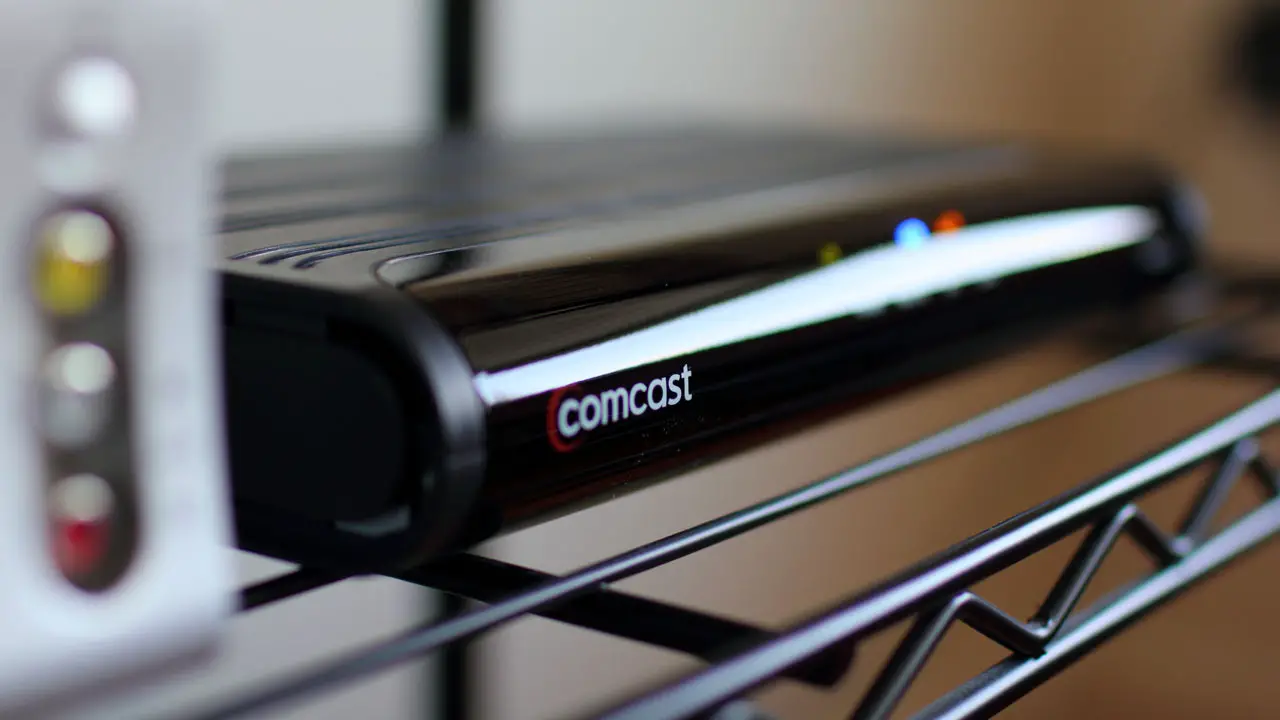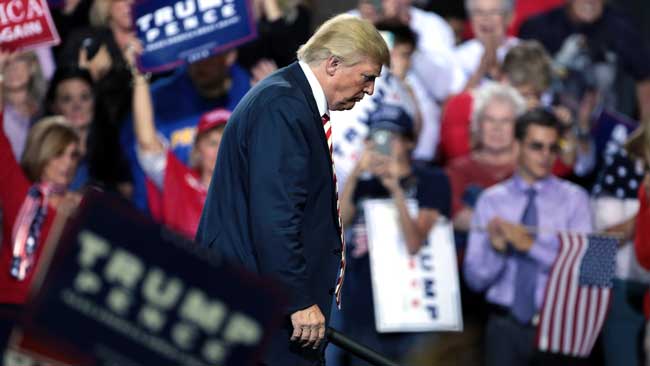A deal that would have given cable giant Comcast domination over nearly two-thirds of the American broadband market has fallen through.
Comcast’s proposed $45 billion merger with Time Warner Cable took a hit this week when federal regulators told the company that they opposed the deal. The news comes after months of intense lobbying efforts by the nation’s two largest cable providers.
According to Bloomberg:
Comcast is planning to make a final decision on its plans Thursday, and an announcement on the deal’s fate may come as soon as Friday, said one of the people, who asked not to be named discussing private information.
This week, U.S. Federal Communications Commission staff joined lawyers at the Justice Department in opposing the planned transaction. FCC officials told the two biggest U.S. cable companies on Wednesday that they are leaning toward concluding the merger doesn’t help consumers, a person with knowledge of the matter said.
Merger opponents immediately celebrated the news as a win for consumers.
“Citizen voices can still make a difference in our government’s decision making,” said Miles Rapoport, president of Common Cause, whose organization lobbied the FCC to reject the deal. “More than 800,000 Americans told the FCC that the Comcast/Time Warner Cable merger would be bad for competition and innovation; their arguments were well-founded and have now carried the day. This is their victory.”
Former FCC Commissioner Michael Copps called Comcast’s withdrawal of its proposed merger “spectacularly good news for consumers concerned about the spiraling cost of cable and broadband and for millions of citizens who want nothing more to do with gatekeeping and consolidation in the communications ecosystem on which our democracy depends.”
While it appears that this is the end of the road for a merger between the two largest cable companies, Time Warner Cable is said to be re-considering a previously proposed merger with Charter Communications. Charter is the fourth largest cable provider in the United States with more than 5.9 million customers in 29 states.
Image Credit: Mr.TinDC, flickr











